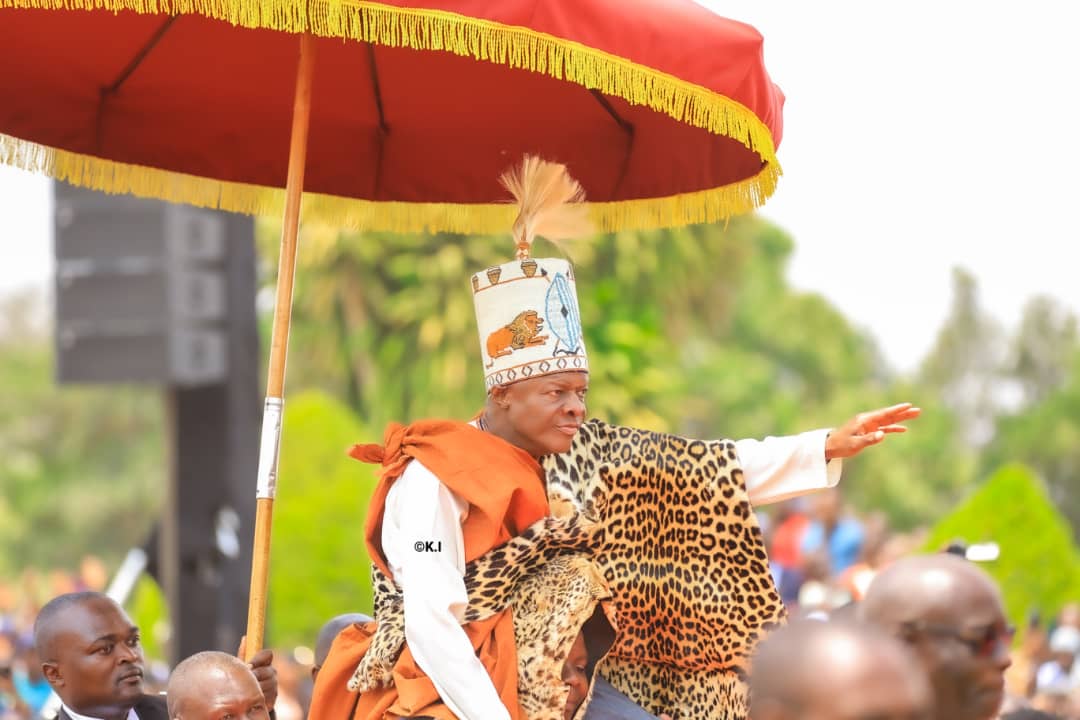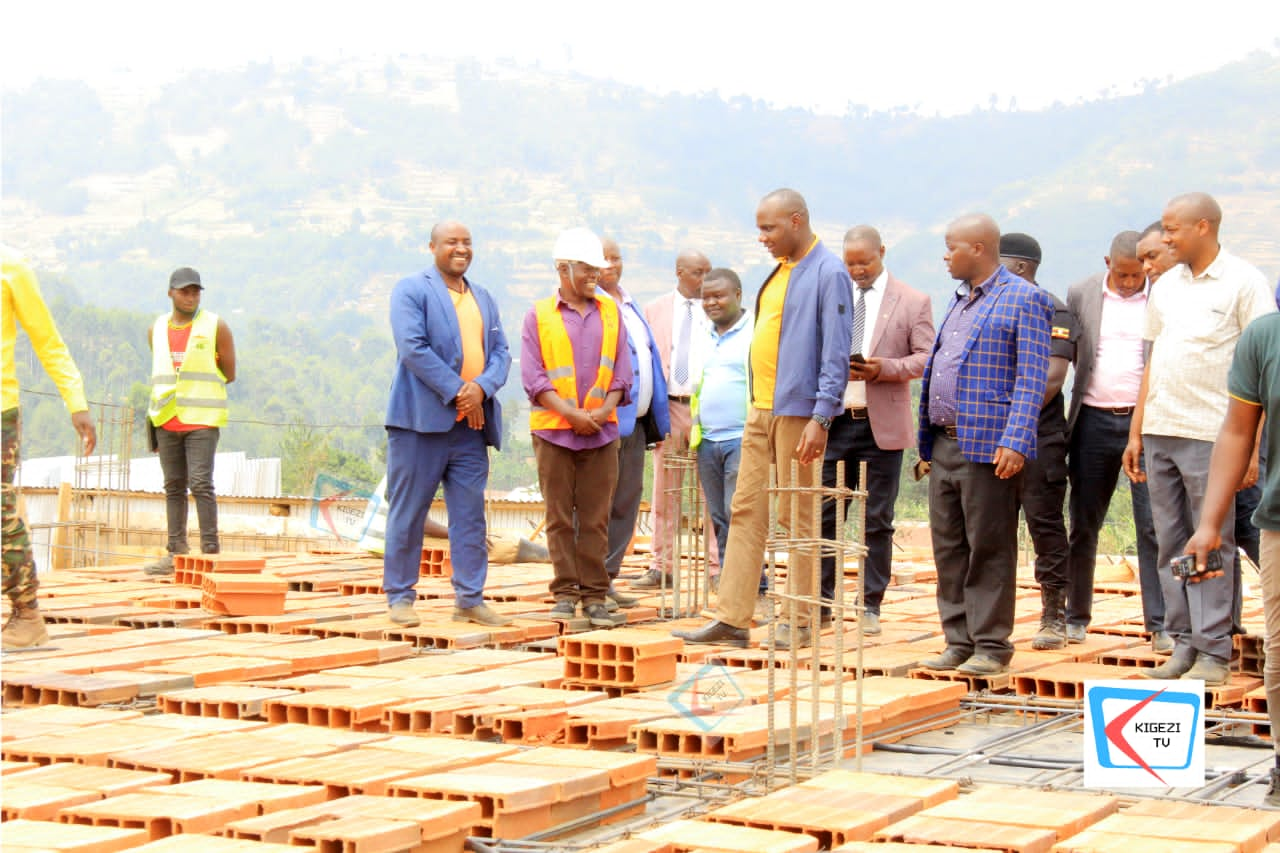Time flies, especially when you are having a good time, a common saying goes. It is sometimes hard to imagine that it is already 30 years of Ronald Muwenda Mutebi as the Kabaka of Buganda. I am not sure though whether he has been having a good time. Leadership is no walk in the park. But for us watching from the sidelines, well, we have had a good time albeit with some challenges.
Anyway, on the last day of July in 1993, a mammoth crowd turned up at Naggalabi in Buddo to witness the coronation of the 36th Kabaka of Buganda, a kingdom of nearly 1,000 years.
It must have been hard to imagine what Buganda would be three decades later. A revered monarch and institution in a politically, digitally, socially and economically changing world. Kingdoms like Buganda are the custodians of the people’s heritage — cherished to a fault to the puzzlement of those who may not take time to understand them.
The crowds that turned up 30 years ago at Naggalabi are still seen every year during coronation anniversaries and whenever the Kabaka or even his Katikkiro (prime minister) visits. At some of these events such as the annual Kabaka Birthday Run every April, they even pay to attend and participate.
On a weekly basis, they turn up at Bulange to give money to enable the kingdom function in what is known as Luwalo Lwaffe or loosely translated as our responsibility. People know that the kingdom doesn’t collect taxes but expected to offer some services.
Kabaka Mutebi has had to be ingenious to achieve this. He has had to balance the politics of the day while marinating it with social services. It has meant creating revenue streams through creative avenues like selling certificates but also ultimately getting involved in business while not forgetting the promotion of culture and heritage. It can be a delicate balance.
The kingdom had been abolished in 1966 and taken over by the government of the day. Of course, you can’t entirely abolish a kingdom like Buganda because the people still followed their clan system and carried out all their traditional functions albeit without the Kabaka on the throne.
Nevertheless, it requires a unique skillset of galvanizing people — first to ensure that they believe that the kingdom is still relevant 27 years after it had been abolished (1966 to 1993) and to still ensure people still see it the same way 30 years after it has been restored (1993 to 2023).
In the first years after its restoration, people could easily have thought that the reverence people have for their kingdom would ebb. It has been the opposite. Just on Friday last week, it took the Kabaka nearly two hours to drive through a crowd that was welcoming him to Ssentema where he was launching an affordable housing project for his people. The majority of people who welcome him at these events were not even born by the time of his coronation in 1993.
If you drive through Buganda especially in the countryside nowadays, you will notice more and more courtyards drying coffee. Coffee had been the cornerstone of Buganda’s economy for years. A milling factory existed in almost every subcounty and coffee stores were the norm in almost every trading centre. Then people lost hope and abandoned it. It has taken a little over five years to mobilize people to get to where Uganda is now in terms of coffee. Uganda is even now talking of setting up factories to process the coffee instead of exporting it as a raw material.
Sometime back, I attended a meeting of agricultural executives from the country’s ministry of agriculture. Many argued that areas that have perennial crops like coffee and matooke do better in terms of uplifting people from poverty than those that rely on seasonal crops like beans or simsim (read sesame). Buganda today has hired extension workers per subcounty and equipped each of them with a motorcycle so they can teach her people modern methods of farming. Growing coffee ensures food security as it is intercropped with matooke and cassava.
How can that be replicated everywhere especially in the northern part of Uganda? Not necessarily with matooke or coffee but by focusing on perennial crops that can grow there. I travel across the country regularly and sometimes I wonder what people in some of these areas eat. You can drive for miles during some seasons without seeing any food or cash crop being grown. The granaries where people stored food no longer exist.
But the major lesson as a country we need to learn from Kabaka Mutebi is his ability to unify people. To see Buganda even when it is challenged extensively remains a welcoming entity to everyone regardless of their political, religion or cultural background.
The writer is a communication and visibility consultant. djjuuko@gmail.com
Do you have a story in your community or an opinion to share with us: Email us at Submit an Article









